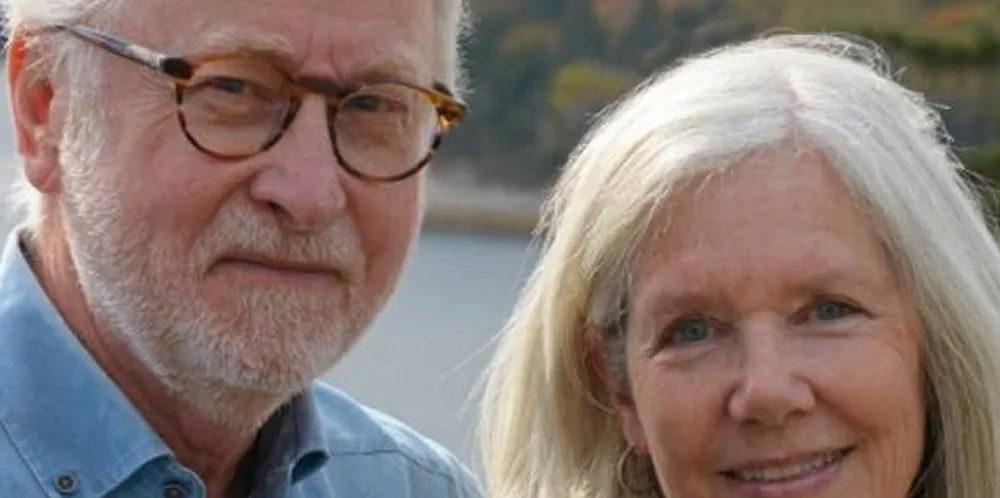Investigative journalists attack salmon farming in new book, equate it to 'Big Tobacco'
The book, which went on sale Tuesday, argues that the "industrialization of Atlantic salmon threatens the species, endangers human health and the environment, and lines the pockets of big corporations."
